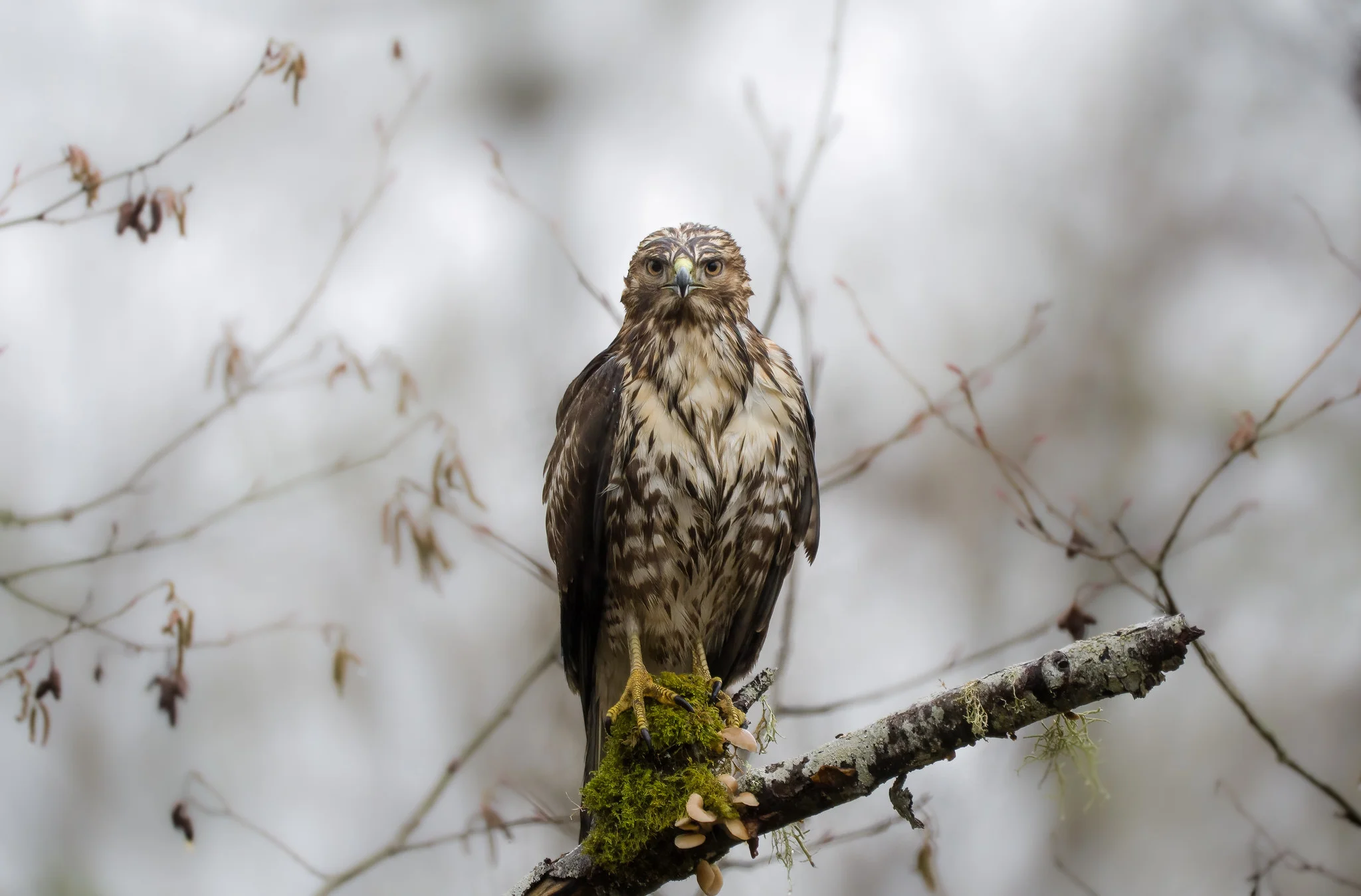Although cats may act aloof and lazy around a house, their hunting credentials are unquestionable. Indeed, these furry felines are a massive problem for birds, as they kill billions of birds and other small animals annually. Although most birds stand no chance against cats, some raptors could seemingly make a meal out of a cat. For instance, do hawks eat cats?
Yes, though cats are not a regular part of a hawk’s diet, these felines may find themselves in a hawk’s talons if they aren’t careful. Small cats and kittens are especially vulnerable to hawk attacks, while large cats are less likely to be attacked by a hawk thanks to their formidable size.
Table of Contents
Do All Hawks Eat Cats?
If you’re a concerned cat owner, you may wonder if you must be cautious about any hawk you see. Can hawks eat cats even if they’re a small species of hawk; do all hawks eat cats?
Fortunately for cats, only certain hawk species may be interested in eating these pets. As we previously discussed, hawks can be divided into Buteos and Accipiters.
Accipiters will not consume cats given that they specialize in killing birds. Therefore, the following hawk species should not pose a threat to your pet:
- Cooper’s Hawk
- Eurasian Sparrowhawk
- Northern Goshawk
- Sharp-shinned Hawk
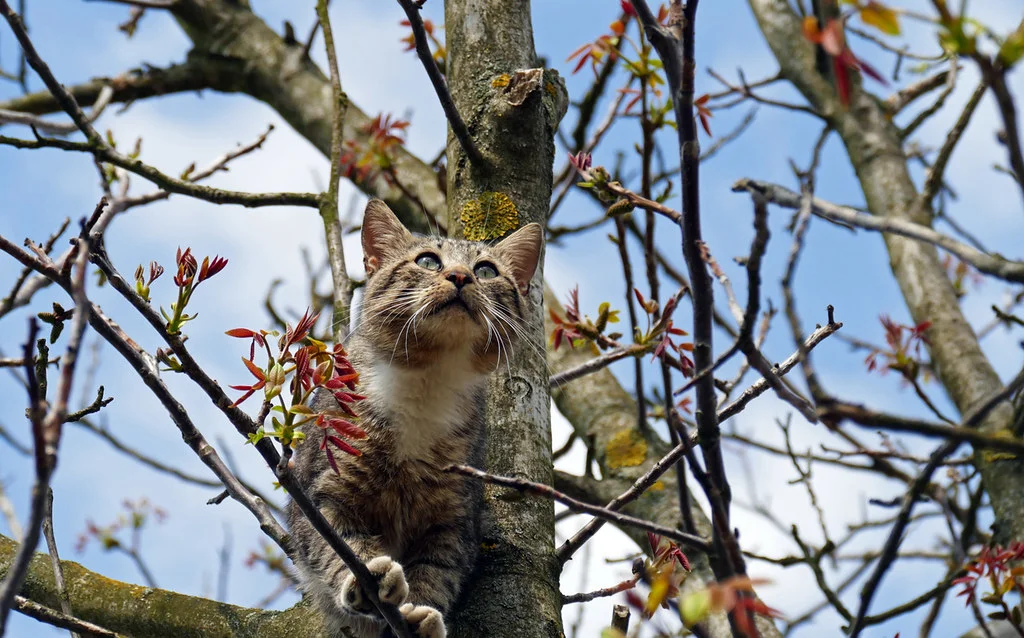
Buteos, on the other hand, may make a meal out of a vulnerable cat that they come across.
Cats are formidable opponents thanks to their sharp claws and pointy teeth. Nevertheless, sick, injured, young, or old cats may experience an attempted hawk attack.
Here are some hawks that should make cat owners wary of their furry friends:
- Common Buzzard
- Red-shouldered Hawk
- Red-tailed Hawk
- Rough-legged Hawk
Can Hawks Pick Up Cats?
Cats are certainly not an easy meal for a hawk, as these raptors have to contend with a creature that is a fierce predator if they want to enjoy a cat meal. Moreover, hawks have to be capable of picking up a cat if they wish to eat their meal in a peaceful spot where they won’t be bothered by crows and other animals. So, can hawks pick up cats?
Yes, many hawk species are capable of picking up cats. Some of the larger hawks previously mentioned like Red-tailed Hawks would have no problem flying off with an average-sized adult cat. Of course, some cats will be too big for certain hawks to fly off with. In these cases, a hawk may abandon its attempt to kill a cat or it may begin eating it on the ground.
Of course, kittens are most vulnerable to hawk attacks given their small size and naive natures. Those with outdoor kittens should be prepared that these tiny felines won’t last long if they spend lots of time in the open.
Do Hawks Eat Cats That Are Already Dead?
It’s a rough life for outdoor cats, as many die from predator attacks, inclement weather, diseases, and vehicle collisions. When a hawk comes across a dead cat, will it consume the animal – do hawks eat cats that are already dead?
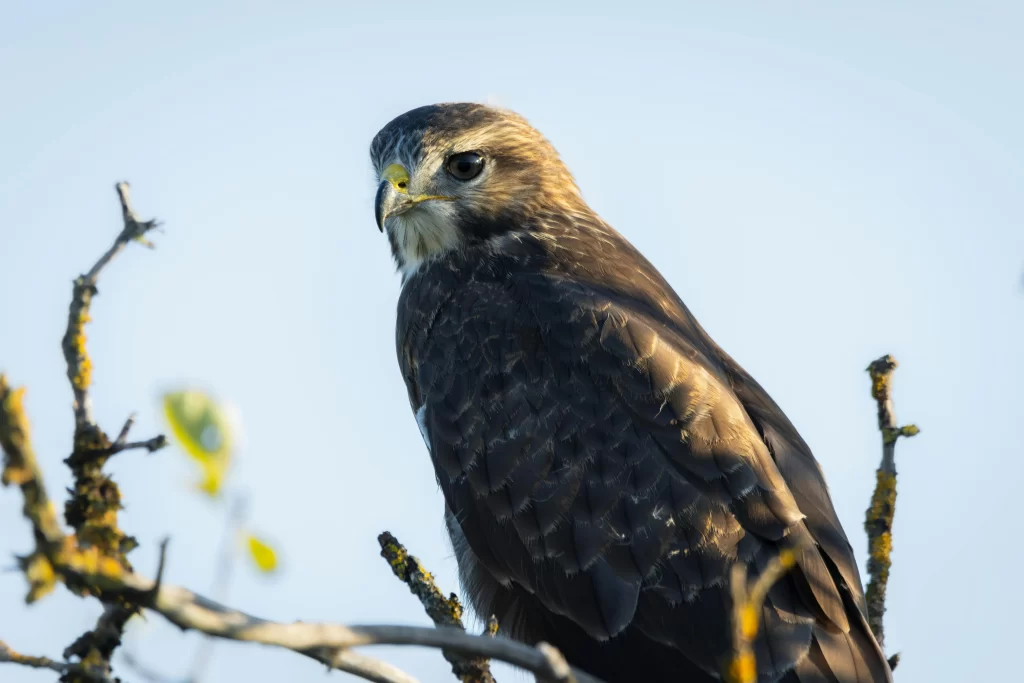
A hawk may consume a dead cat depending on how hungry the hawk is. If the bird is not especially hungry then it will prefer to kill its own meal.
If a hawk encounters a dead cat in the winter when it is struggling to capture prey, then it may eat the dead cat. Though hawks will eat dead cats on occasion, it is far more common for other raptors such as vultures or eagles to scavenge carrion.
Should Owners Worry About Hawks Eating Their Cats?
It is understandable for owners to worry about the well-being of their cats when they’re outside. Nevertheless, hawks that hunt cats should not be the primary concern for owners that allow their cats to roam freely outdoors.
Disease, fights with other animals, car collisions, and inclement weather are all events or experiences that are more likely to kill a cat than a hawk attack. Moreover, cats tend to be nocturnal creatures, whereas hawks do not hunt at night.
This doesn’t mean that hawk attacks don’t occur. Hawks are opportunistic hunters, so if they determine that a cat will be an easy meal, they will try to make a kill.
If a cat owner makes the decision to put a hawk outdoors, then they should be prepared that their cat may be killed by a wide array of different things.
How Can Cat Owners Protect Their Pets?
Are there any ways that a cat owner can protect their pet from a hawk attack? Of course! Here are some options for concerned cat owners:
Supervise Cats While They’re Outdoors
If you have an indoor cat that you occasionally allow to go outdoors for fresh air, then it would be a wise idea to supervise your hawk during its adventures.
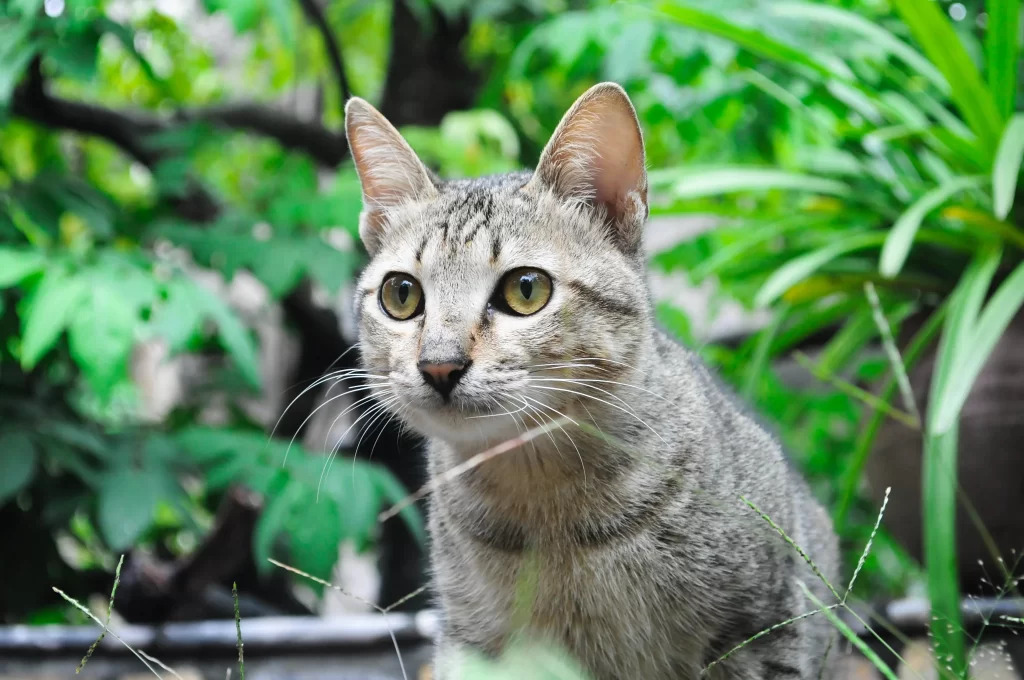
If you’re accompanying your furry friend when its outside, a hungry hawk will be far less likely to make an attack on your furry friend.
Therefore, keep an eye on your cat while it’s outside an don’t allow it to stray too far away.
Don’t Declaw Your Cat
I can’t—in good conscience—advise anyone to have outdoor cats considering the devastation that they cause to birds. However, if your feline friend lives indoors with you and you occasionally want to give it supervised time outside, then it is best to avoid declawing your cat.
Cats that don’t have claws are tremendously vulnerable to attacks from hawks or any number of other animals. Relying on only their teeth is entirely insufficient for fending off a predator like a hawk.
Therefore, if your cat spends time outside, it is wise to leave the claws on your cat so it has a fighting chance should a hawk make a surprise attack.
Feed Cats Indoors
If you have outdoor cats, consider feeding them indoors or in some sort of other sheltered location. Feeding a cat outdoors is sure to attract the attention of other animals.
A congregation of unsuspecting cats around a bowl of food would be an easy target for a hawk attack. Moreover, cat food is a delicacy among mammal species. This means that a bowl of cat food outside will certainly attract other mammals like raccoons, possums, skunks, coyotes, foxes, and more.
Keep Cats Indoors
While all of the solutions mentioned above can help mitigate the risk of a hawk attack, none are foolproof.
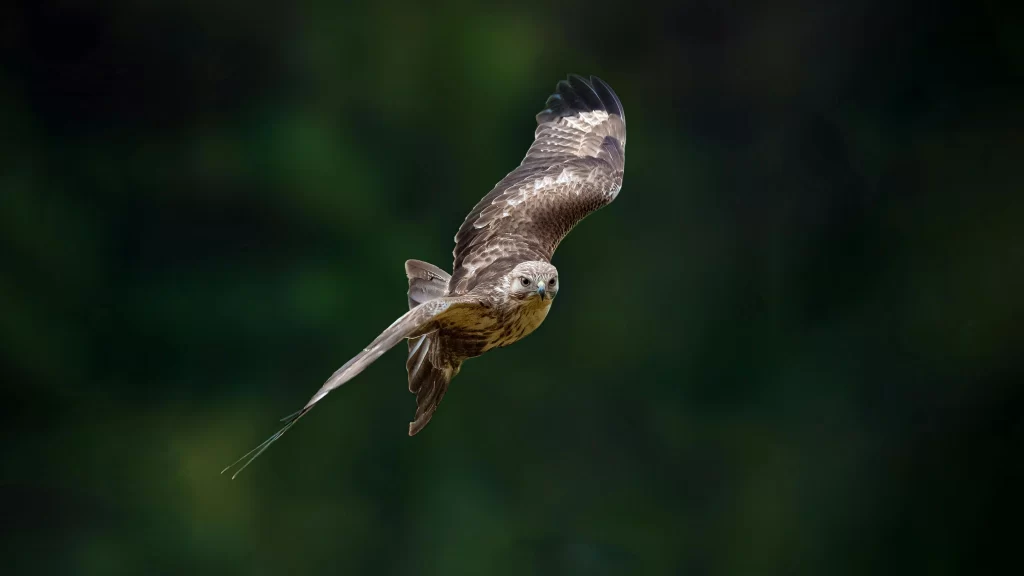
The best thing that a cat owner can possibly do for their pet is to keep it indoors. Some may not like the smell or mannerisms of cats and not want them indoors for these reasons. If you’re one of these people, perhaps you should not be owning cats in the first place.
Domestic cats are invasive species throughout the world. Birds did not evolve to avoid these creatures, making them especially vulnerable to cat predation. Overall, birds should be far more worried about cats than cats should be of birds.
If you’re an individual who loves both birds and cats, then you should consider the consequences for both of these parties before putting a cat outdoors.
Conclusion
Now that we’ve confirmed that hawks are a potential threat to cats, let’s review some of the main point of the article:
- Can hawks eat cats? Yes
- Do hawks eat cats? Occasionally
- Can hawks pick up cats? Yes, some species can pick up cats
- Do hawks eat cats that are already dead? Rarely

